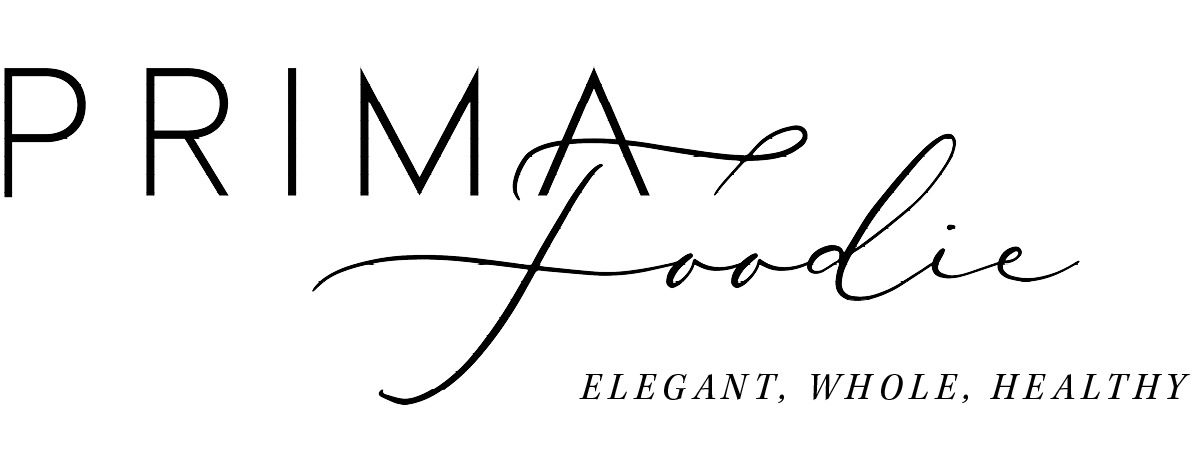What Is processed food, really?
It’s common knowledge to know that ultra-processed foods are bad for your body and brain. Yet still, our culture is steeped with meals, markets, and festivities featuring ultra-processed treats, meats, and the like, making it seem impossible to avoid these food-like substances. Just walking into a grocery store is a game of self-defense if you veer beyond the produce section.
But just how unhealthy are they for you? We’re here to spread the (dark) truth. Ultra-processed foods are that bad. Here’s what the latest research shows.
The Latest on Ultra-Processed Food
British researchers and doctors from the College of London’s School of Public Health recently reported study findings that show a greater consumption of ultra-processed foods may be linked to cancer, even cancer-related death.
Health experts looked at the diets of more than 200,000 adults, all middle-aged, for more than a decade. They accessed the participants’ risks of developing cancers of any kind, paying close attention to 34 different types of cancer. Their findings are sobering: The greater the consumption of ultra-processed foods, the risk of developing cancers, particularly brain and ovarian cancer, goes up. This showed in the individual numbers. For every 10 percent increase in ultra-processed food someone ate, there showed to be a 2 percent increase in cancer and a nearly 20 percent increase in ovarian cancer in women.
The researchers also found that with every 10 percent increase, there was a 6 percent increase in cancer-related death.
What Are Processed and Ultra-Processed Food?
Before we dig deeper, let’s look at what the culprit actually is. Ultra-processed foods are manufactured food products and drinks made from substances extracted from foods. They contain high amounts of additives, such as colorings, fats, sugars, emulsifiers, salts, and preservatives. (When Michael Pollan famously coined the term “edible food-like substances” he was referring to ultra-processed foods.) Sadly, there are countless examples, but a few common ones include soda, deli meats, fast food, packaged cookies, salty snacks, and bread, and frozen meals.
One step below this are processed foods (take out the ultra), which are raw foods that have undergone any processing, such as milling, cutting, heating, pasteurizing, cooking, dehydrating, and packaging. The amount of processing varies per item, with some foods considered to be minimally processed.
Finally, unprocessed foods are what we call whole foods. These are natural foods still in their natural, unadulterated state.
Processed Foods: A Pandemic
As grave as these findings are, they’re another layer to the cacophony of examples showing just how bad many foods out there really are. In 2015, for example, the World Health Organization called processed meats carcinogenic to humans. This was a rallying cry to the world to not eat this stuff.
Even more concerning is the fact that more and more people are eating processed food. Several years ago, researchers at NYU assessed the diets of more than 40,000 American adults over the course of 18 years. The findings showed a 53 percent increase in the amount of ultra-processed foods they ate.
Add to the above examples the cruel fact that giant corporations are using the savviest marketing tactics to lure you in and get you hooked on these food-like substances.
Our Food Future
We’re the first to admit that it can be nearly impossible to never eat processed foods. But we’re advocating for what’s possible. And this means avoiding ultra-processed foods at all costs. You control what you put in your body—not giant companies or big pharma. So if anything, we hope the above alarming news—which is another research win from Europe—is a spotlight on just how critical food is to our well-being.
Parker Brook said it best on The PrimaFoodie Podcast: “Each one of us has the power to decide what our food future is.” We hold the capability, capacity, and gumption to make better decisions for ourselves and our families—today and tomorrow.
